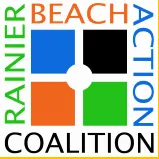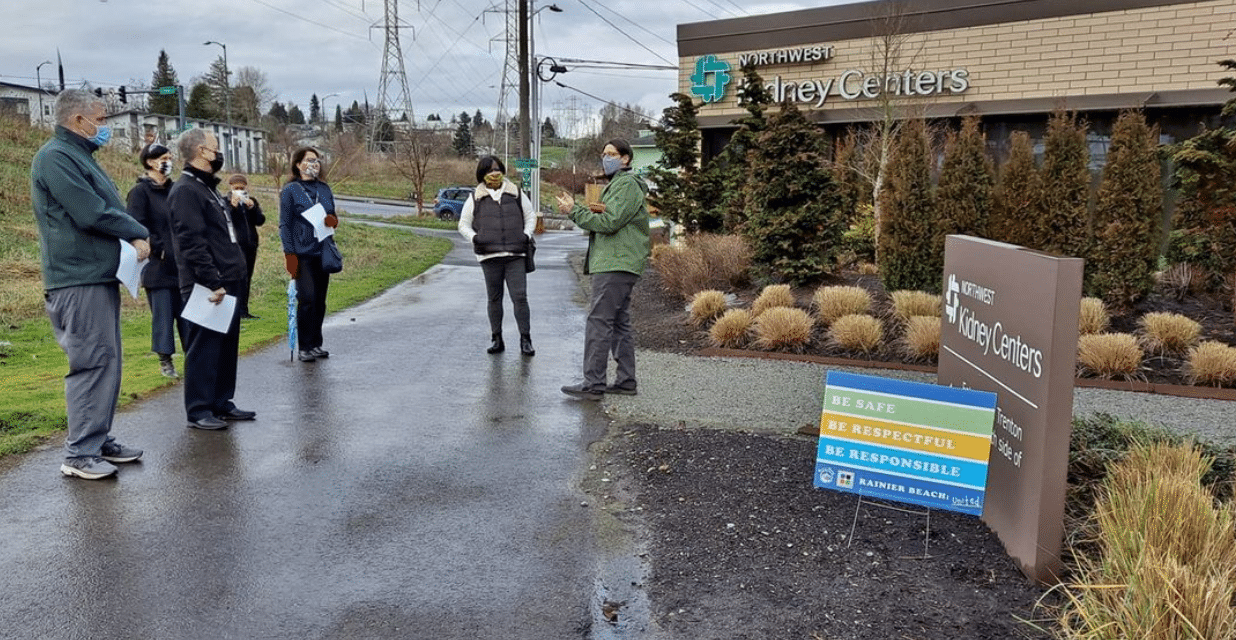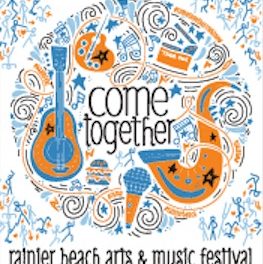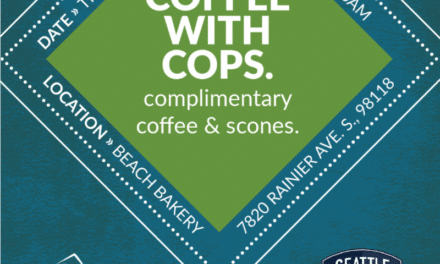By Stewart Bowerman, Coordinator, Public Safety, Rainier Beach Action Coalition
Earlier this month, RBAC’s Positive Behavioral Interventions & Supports (PBIS) team and Seattle Neighborhood Group’s CPTED team visited the Rainier Beach NW Kidney Center to conduct a CPTED assessment of their location and provide some recommendations for how they might improve the safety of their property (and the neighborhood) by making small changes to it.
What’s a CPTED assessment? Glad you asked…
CPTED assessments are one of the tools in our toolbelt when supporting organizations in their efforts to improve public safety in Rainier Beach. CPTED stands for Crime Prevention Through Environmental Design. Simply put, there’s a science as to why some urban settings intrinsically feel safer than others and why certain problems tend to occur in some places and not others. Considerations such as the ability to see in and out of a space, how a space is maintained, the location’s history and reputation, and how active and engaged the surrounding community is are all important factors that contribute to the safety of a location. A CPTED assessment provides recommendations for how a space can be altered to improve safety.
Most commonly, CPTED assessments are used solely as a crime prevention tool. Recommendations can include adding cameras for security, lights to increase visibility, and speed bumps to prevent speeding. At RBAC, we use CPTED as a crime prevention tool and as a community-building tool (Maybe we should change the name to Community Building Through Environmental Design). Our recommendations include adding ‘Be Safe’ guardians to look out for youth, create an engaged community on-site through Corner Greeter events, and recruit businesses to promote safe, respectful, and responsible behaviors through positive reinforcement.
Community activation is central to our work creating a beautiful safe place for youth. We know that it takes an active and engaged community to achieve safe places. We need to be connected to each other, be connected to our neighborhood locations, and develop positive social norms to increase public safety in Rainier Beach.
In addition to realizing that there are tools available for improving public safety, here are the two most meaningful outcomes from our visit to the Rainier Beach NW Kidney Center: The first meaningful outcome is that the NW Kidney Center got a vision for how it could be a part of activating the community as a means of improving public safety. “Maybe we could put some tents up along the Chief Sealth Trail and pass out some information? Or maybe we could show up at the Community Healing Space at Safeway parking lot one Friday night and do some blood work?” The second significant outcome is that meaningful relationships were created. As a resident of Rainier Beach who jogs along the Chief Sealth Trail past the NW Kidney Center at night, knowing that I have friends in the building who care about the neighborhood makes all the difference and makes me feel safer.
If you would like to hear more information about CPTED assessments, how you can join our community activation work, or becoming a partner who promotes safe, respectful and responsible behaviors through positive reinforcement, contact us at info@rbactioncoaltion.org.








